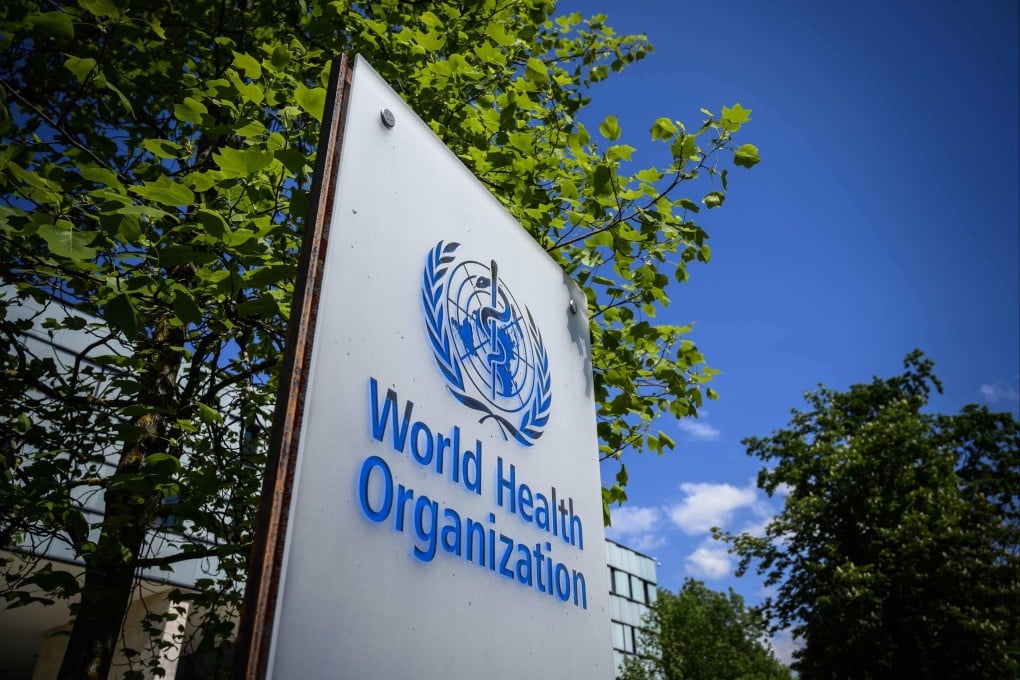Coronavirus: WHO advisory group says booster shots ‘risk exacerbating vaccine inequities’
- After reviewing data on how well vaccines are working over time, experts say priority should be distributing shots to countries with limited access to primary doses
- But the group is monitoring early studies to assess how protective vaccines are against the new Omicron variant and whether additional doses may be needed

The group looked at recent data showing a decline in vaccine effectiveness against infection and disease, particularly in older adults. But they determined that WHO-approved vaccines for the most part continue to provide robust protection against severe forms of Covid-19 for at least six months. They said boosters should not be prioritised over distributing shots to countries with limited access to primary doses.
“In the context of ongoing global supply constraints, broad-based administration of booster doses risks exacerbating inequities in vaccine access,” Sage chair Alejandro Cravioto said during a media briefing on Thursday.
“The vast majority of current infections are … in unvaccinated people, who we believe should be vaccinated instead of giving further doses to those that have already received [a full primary course].”